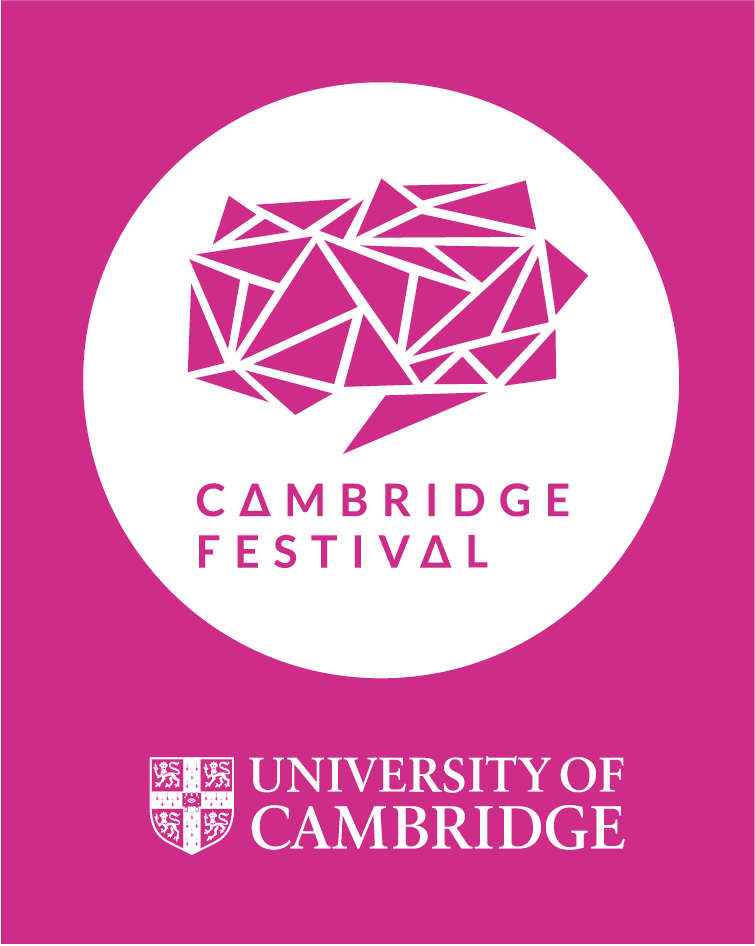| 4 Apr 2022 | 14:00 - 15:00 | Online event | |
- Description
Description
The rapid growth of computer-mediated communication has caused online harm to proliferate, especially on social media platforms. In the worst cases, this has led to the public shaming of victims, or even to their deaths.
1 In the UK from 2006 onwards, different laws have been implemented which prohibit racial hatred, religious hatred, or hatred on the ground of sexual orientation; and social media companies specify their own community guidelines within the existing legal framework (e.g., in January 2021, Twitter choose to ban Donald Trump from its platform due to a risk of ‘further incitement to violence’).
2 However, the ease of remaining anonymous online presents particular complications. In recent years, the problem of hate speech has attracted considerable attention, and in 2019 it featured prominently as a major concern in the UK Government’s Online Harms white paper.3 One way of restricting the spread of harmful content is to detect hateful social media posts automatically using advanced AI-based techniques. This enables potential victims to be protected more effectively because the hateful content can be quarantined (Ullmann and Tomalin 2020). However, exclusively text-based approaches to this problem are increasingly limited, since online hate speech frequently involves both texts and images (e.g., offensive memes). Consequently, there is an urgent need for systems that can detect multimodal hate speech automatically.
This talk will give a detailed technical and practical introduction to how state-of-the-art automated systems can identify potentially harmful content that involves texts as well as images. By considering this specific example, the talk will show how AI-based techniques can be used to make online interactions safer for those groups who are more likely to suffer abuse or discrimination. No specialist knowledge of this field is assumed in advanced, so the session will provide a useful introduction for anyone who would like to know more about how AI can be used to mitigate online harms.
A talk by Marcus Tomalin and Howard Mei, ‘Giving Voice to Digital Democracies’ project at CRASSH.
For queries please email enquiries@crassh.cam.ac.uk.
This event is part of the Cambridge Festival 2022.


